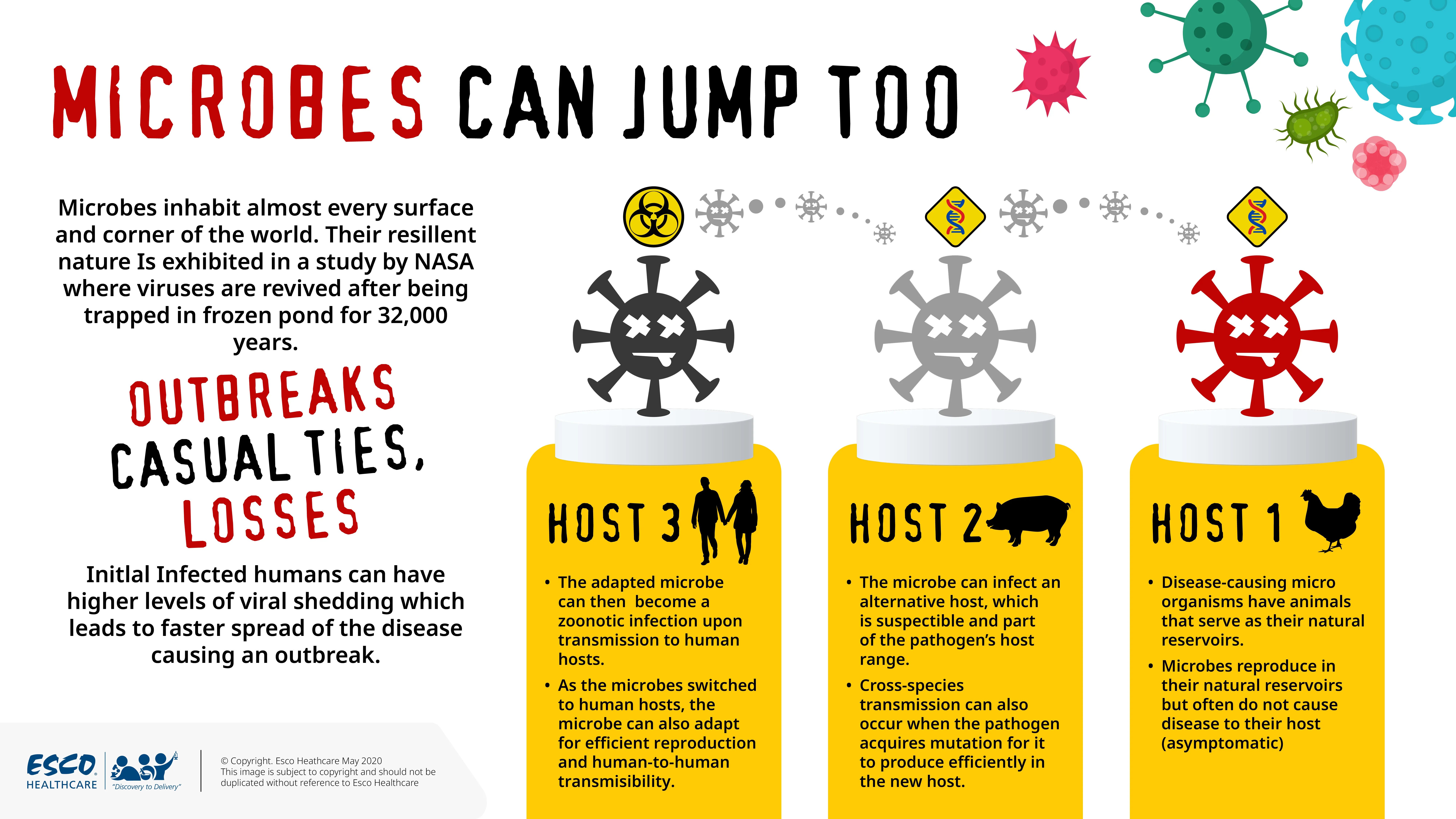Applications
Zoonotic Vaccines

Zoonoses, as defined by the World Health Organization, refer to diseases and infections which are naturally transmitted between vertebrate animals and man. About 61% of the microbial diseases affecting humans are zoonotic. Pathogens have caused public health issues worldwide including outbreaks (i.e., influenza, SARS). Zoonotic transmission occurs due to the host range of microbes that allow them to reproduce. The conservation of epitopes present on cell surfaces among vertebrates increases the number of different types of cells that the microbe can be bind to, for replication.
The Division of Global Health Protection (DGHP) of CDC is helping countries prioritize specific zoonotic diseases for control. Upon identification of the particular zoonotic diseases, such as rabies, DGHP helps in guiding improvements in the laboratory, surveillance, prevention, and outbreak response. For instance, DGHP in Kenya developed a plan against rabies that includes mass dog vaccination, enhanced rabies surveillance and management of dog bites, and operational research.
Vaccination strategies should be based on One Health Approach to protect both animal and human health systems, covering all risks involved such as the mutational escape of microbes to defend against the vaccine-induced immune response.





